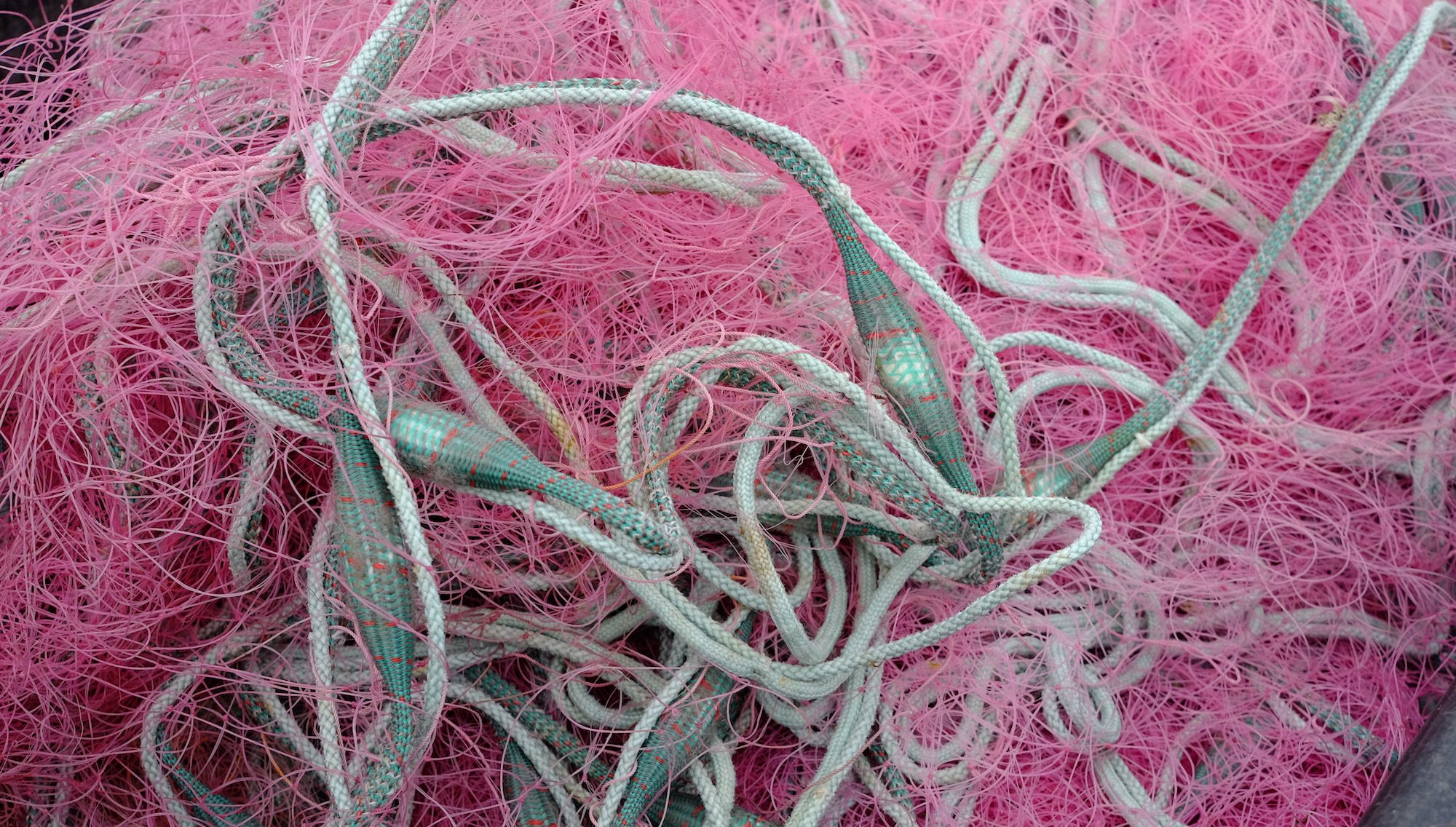Transcript
Theme Music – Pling by Dorian Roy
Kristian Syberg
I think that the main thing that the plastic treaty must account for is how we can actually reduce plastic consumption. And this requires that we look into reduction targets and not just focus on things like recycling, different levels of recycling and other technological fixes.
Anja Krieger
Welcome to the Plastisphere podcast, with the PlasticsTreaty Shorts. I’m Anja Krieger, and today I’m playing for you a message from Kristian Syberg. Kristian is an associate professor at Roskilde University in Denmark working on the circular economy, and the environmental impact of plastics. In a commentary in Scientific American last year, he argued ‘Why Recycling Isn’t the Answer to the Plastic Pollution Problem’. I quote: ‘An efficient and ambitious treaty has the potential to facilitate the transition to a circular plastic economy’, ‘but it is paramount that the new treaty does not become a doctrine for recycling’. ‘The real solution to transforming the plastic economy’, Kristian writes, ‘lies in making less plastic in the first place’. Let’s hear more from him!
Kristian Syberg
Recycling is often seen as an approach to sort of minimize a golden standard for minimizing plastic pollution. And while recycling definitely does play a role and should play a role in the future, it should not be the first priority, when we’re looking at any given type of plastic production or consumption.
When we work with waste handling in general, we work with the so-called waste hierarchy. And I think it’s very important that we keep this in mind. So the waste hierarchy, in the top of the hierarchy is the best option, and that is not to produce the waste. So any kind of excess or any kind of use and production of plastic that we do not absolutely need, we should definitely get rid of that, I think that’s a very important first step. Then secondary, we have a reduction through reuse rather than recycling. So we must make products that last longer and are made for more than single use, I think that’s very important.
And then only as the third option comes the recycling. But recycling is often seen as something that can solve the plastic problem. The issue with that is that when you see recycling within the circular economy where it’s often situated as a good solution, you often argue that if we can just recycle properly, then we will keep the materials within the value chain, within the circular loop, and then we will minimize waste production sufficiently to transfer to a more sustainable economy.
However, that’s not the case at all in reality. In reality, we only recycle up to approximately 9% of the plastic that we use, and a lot of this plastic is actually what we call down-cycled so used for a poor production grade than it was originally intended and can often not be recycled more than once, so it ends up as waste anyway. So we have a very, very poor recycling rate. And even though that will change in the future, it is unrealistic to think that we can have anything that is sufficiently good enough to actually preserve the materials to the extent that we need to preserve the materials to have a sustainable plastic economy.
And this is due to many things. One thing is obviously that we don’t have the sufficient technology, sorting technology and these kind of things, but it’s also a matter of logistics and it’s a matter of design of the product. So a lot of the products are, for example, that we have in our daily life are made for single-use and they are made of composite materials, and when we discard of them, they are discarded together with other type of materials. And a golden rule for when you do recycling is that the cleaner the waste stream, the better the quality of the recycled material. And especially for things like household waste, this is very, very seldom the case that we have a very good clean waste stream. So even when we sort and do things better, even if we start to use a different type of sorting technologies that are emerging now, we will still have very poor recycling rates for many, many years to come. We simply cannot wait for that. So what we really need is that the plastic treaty provides very strong incentives to move up the waste hierarchy, not start with recycling, but move up, focus on reuse, focus on reduction more than anything else.
Anja Krieger
That was Kristian Syberg from Roskilde University in Denmark. His take-away is simple. If we want the circular transition, we need to get as far up in the waste hierarchy as possible. And given the way waste is handled today, this will mean a huge change on a global level – regarding the products we consume as well as how we dispose of them. Recycling will play a role in this transition, but it won’t be enough. We need a structural change to the plastic economy to reduce the pollution and its negative impacts. When you think of the mantra ‘reduce, reuse, recyle’ – or maybe even extended versions like ‘refuse, reduce, reuse, repair, recycle’ that’s no random order. It’s the waste hierarchy in a nutshell!
So much for today’s input ahead of the plastics treaty negotiations. Thanks to Kristian for his message! If you’d like to share a thought on solutions for plastic pollution, send me a voice message. My mailbox is open for contributions until the end of the treaty negotiations. Some of the messages I receive will be published. Find my email address and recording instructions in the description of this podcast. Hear you soon for more messages on the plastics treaty!
